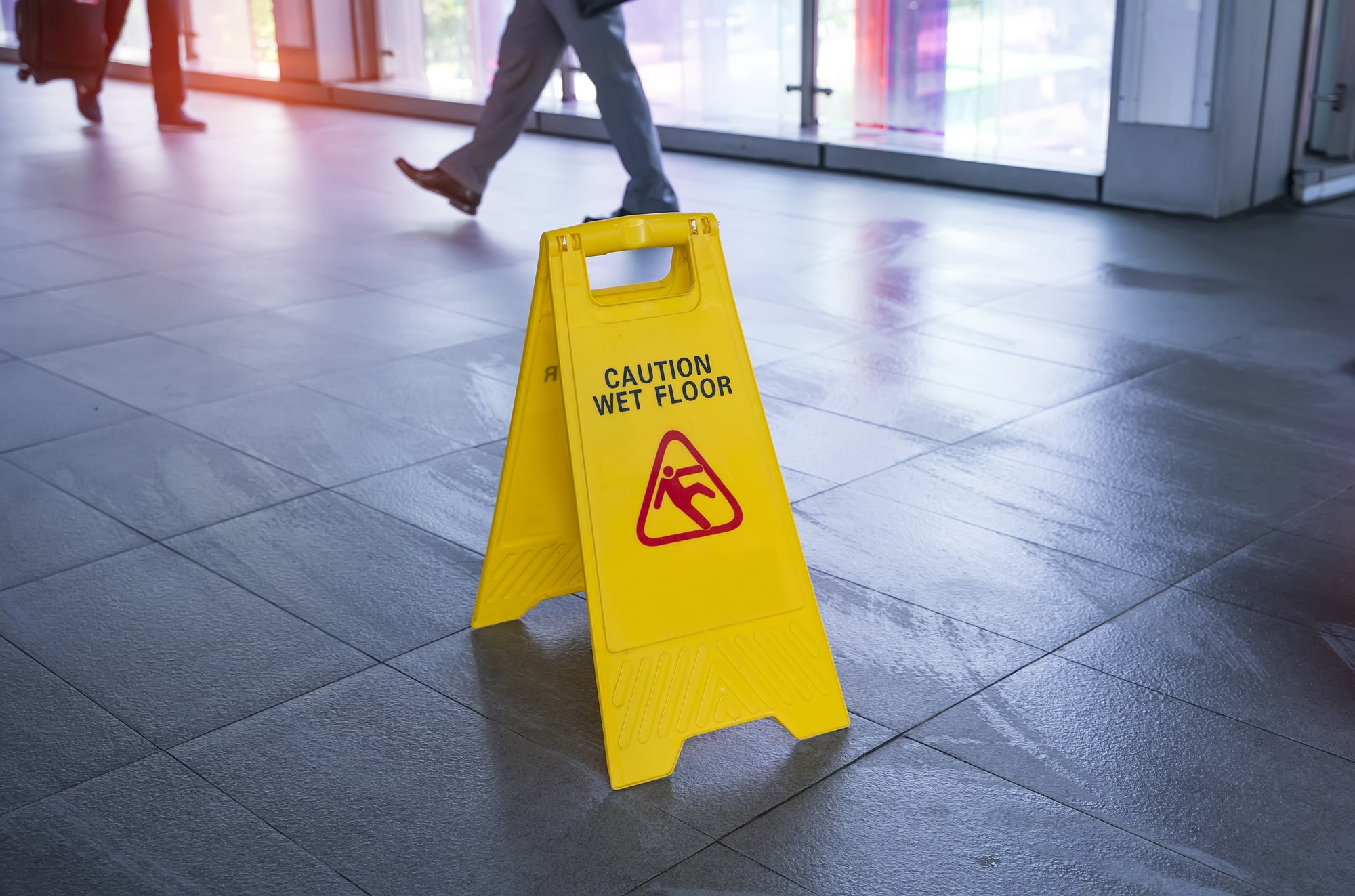Slip and fall accidents can happen anywhere and often lead to serious injuries. If you have been a victim of a slip and fall accident, proving liability for the accident is a crucial part of receiving financial compensation for your injuries. Understanding liability and how it is proven is important. Listed below are five key questions and answers about proving liability in slip and fall cases.
Proving liability in these cases can be complex, and requires dedicated professional help. If you have suffered an injury after a slip and fall accident, contact a slip and fall lawyer today for assistance with your personal injury claim.
What Is Required To Prove Liability In A Slip And Fall Case?
To establish liability in a slip and fall case, the injured party must prove that the property owner or manager was negligent and that their negligence led to the accident and injuries. Negligence means that the owner failed to maintain the property safely or did not address a hazardous situation that they knew or should have known about. The victim must demonstrate that this negligence directly caused their injury. This could involve showing that the owner was aware of the dangerous condition and did not take steps to fix it or adequately warn visitors.
How Can I Show That The Property Owner Knew About The Hazard?
Proving that a property owner was aware of a hazard can be challenging. Evidence can include maintenance records, surveillance footage, or witness statements. If the hazard was something that should have been discovered through regular inspections, such as a broken stair, this can also indicate negligence. Experienced lawyers, like those at Hurwitz, Whitcher & Molloy, launch extensive investigations in order to find such evidence and build a strong case.
What If I Am Partially At Fault For The Slip And Fall?
In cases where the victim is partially at fault for their slip and fall, the concept of comparative negligence comes into play. This means that the compensation you can receive may be reduced by the percentage of fault attributed to you. For example, if you were looking at your phone when you fell, the court may decide you are 20% at fault and reduce your compensation accordingly. Each state has its own laws regarding comparative negligence, so consulting an experienced lawyer with an understanding of the laws is crucial.
Does The Type Of Property Where The Accident Occurred Affect A Slip And Fall Case?
Yes, the type of property can affect a slip and fall case. Different properties have different standards of care. For instance, commercial properties like shopping malls have a higher duty to ensure the safety of their premises compared to private homeowners. Public properties, such as sidewalks and parks, may involve additional complexities as claims against government entities have specific rules and limitations. Consulting with a lawyer is the best way to understand the nuances of your slip and fall case.
What Should I Do Immediately After A Slip And Fall Accident?
After a slip and fall accident, your first priority should be your health. Seek medical attention, even if the injuries seem minor. Document everything about the incident: take photos of the hazard and the surrounding area, gather contact information of witnesses, and keep a record of your injuries and medical treatment. Report the accident to the property owner or manager but refrain from making detailed statements or admitting fault. Next, contact an experienced lawyer to discuss the best options for your case.
The Importance Of Experienced Representation
Proving liability in slip and fall cases requires a thorough understanding of the law and meticulous gathering of evidence. Each case is unique, and having skilled legal representation can make a significant difference in the outcome of your claim. If you have been the victim of a slip and fall accident, contact a lawyer today to schedule a consultation.

